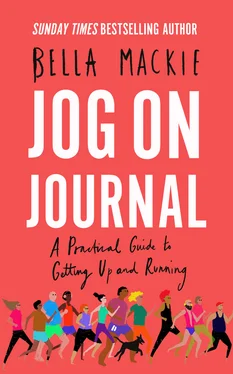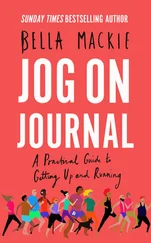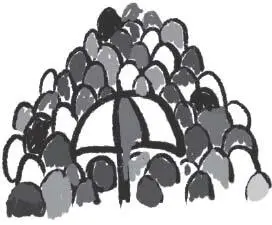
– The centre of London
– Sainsbury’s
– Theatres and cinemas

– Motorways
– Coaches (not really, I just don’t like coaches. Not enough toilets)
• Focus on your senses. Touch something soft, stroke your own arm, smell the air. Panic attacks can make you feel very far away from your own body – try and reconnect with it.
• Talk to someone – make eye contact. Stroke a dog, smile at a waiter. It can help to make you see that you’re not in danger. If there’s nobody around, call a friend and tell them that you just need two minutes to talk – a little encouragement from my sister really helps when I’m feeling like I might have an attack.
• Expect that afterwards you’re likely to feel exhausted, trembly and sometimes a little teary. The adrenaline has dissipated and your body is wrung-out. Get yourself some food, drink lots of water, sit down for a bit. Keep warm – often panic attacks leave you cold and shivery. Be nice to yourself; don’t berate yourself, don’t tell yourself it’s pathetic. Nobody asks to have panic attacks – it’s not a sign that you’re weak or incapable. Tell yourself that you’re OK, you handled it well, you’ve done well to get through it. Anxious people have minds working against them, the last thing you need is to add fuel to that.
It’s important to know that while panic attacks are a beast, you will not die. They feel awful and, boy, do they take it out of you, but they cannot hurt you. Knowledge is power, and the more you understand why you’ve had an episode and the more you KNOW they’re not dangerous, the less hold they have on you. With that in mind, it might be good to write down a bit about two times you had an attack and the events surrounding them. It’s helpful to know your triggers and arm yourself with that information.
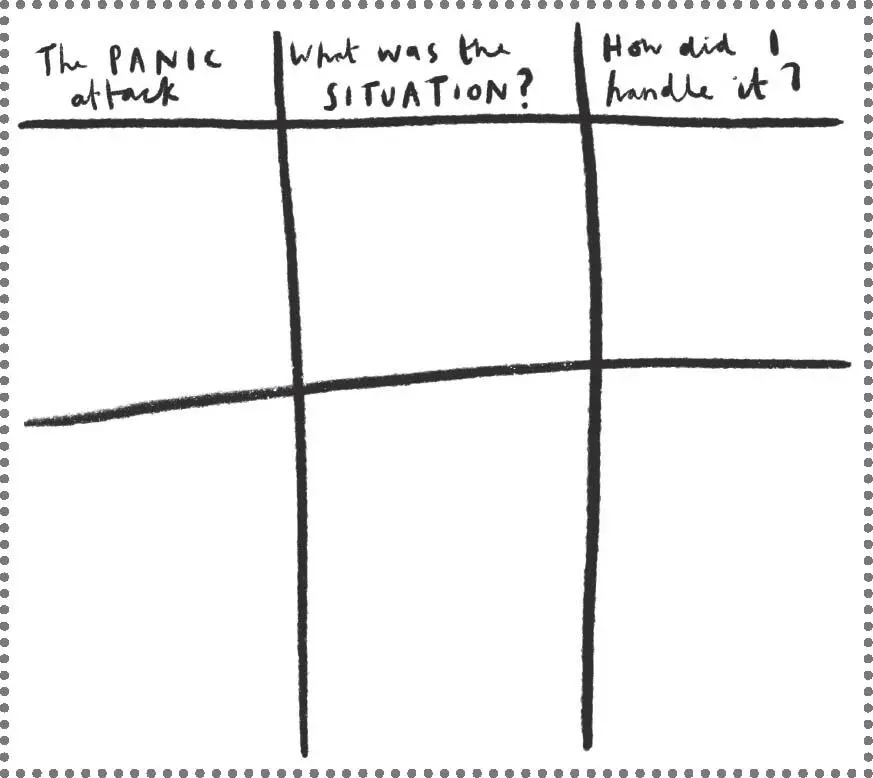
There are lots of ways to help prevent panic attacks – and again, you’ll find your own tools. But here are a few suggestions:
Avoid caffeine – anxious people have so much adrenaline, we don’t need any more encouragement.

Avoid nicotine and wine – but I guess you know this one anyway.
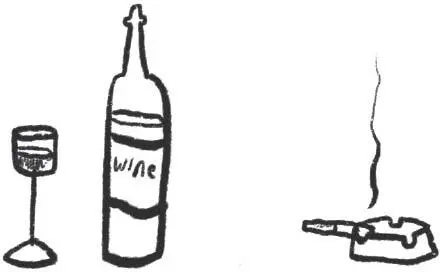
Try yoga/breathing exercises/meditation – which are all known to help with stress and calm people down.
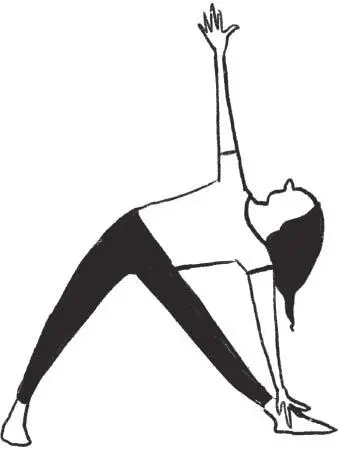
Exercise – yup hi, we’ve got this one covered.
Get enough sleep – sleep disturbance is often high in people with mental-health problems and it contributes to anxiety FOR REAL.[10] However you do it, make it a bigger priority.
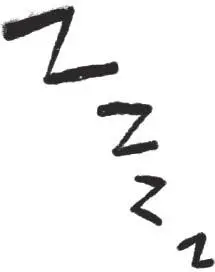
Eat regularly. When my blood sugar drops I can feel my anxiety climbing. I try and eat every hour, which is fun and also makes me feel like a baby. Try not to forget to eat and then grab a sugary doughnut. I mean, for sure have doughnuts, but just make sure you have proper meals too.

Do things that scare you – this sounds sinister but we’ll get to it and it won’t sound so odd, I promise.
When a situation is looming that you find scary, plan for it. I research routes in advance so that I’ll be somewhat familiar with them. I sometimes look on Google Maps and see what a venue looks like – not to plan my exit but just so I feel comfortable when I get there. This is all a way of me having an element of control over my worries. I accept I can’t plan everything ahead, but I can show my anxious brain some research and say, ‘Hey look! This doesn’t look so bad, does it?’ So much of learning to tackle anxiety is reframing your thoughts and changing the narrative in your brain. Can you start here by writing about a situation coming up soon that is making you feel a bit nervous? What would help you to stop dreading it and, if not look forward to it, then at least not let it weigh too heavily on your mind?
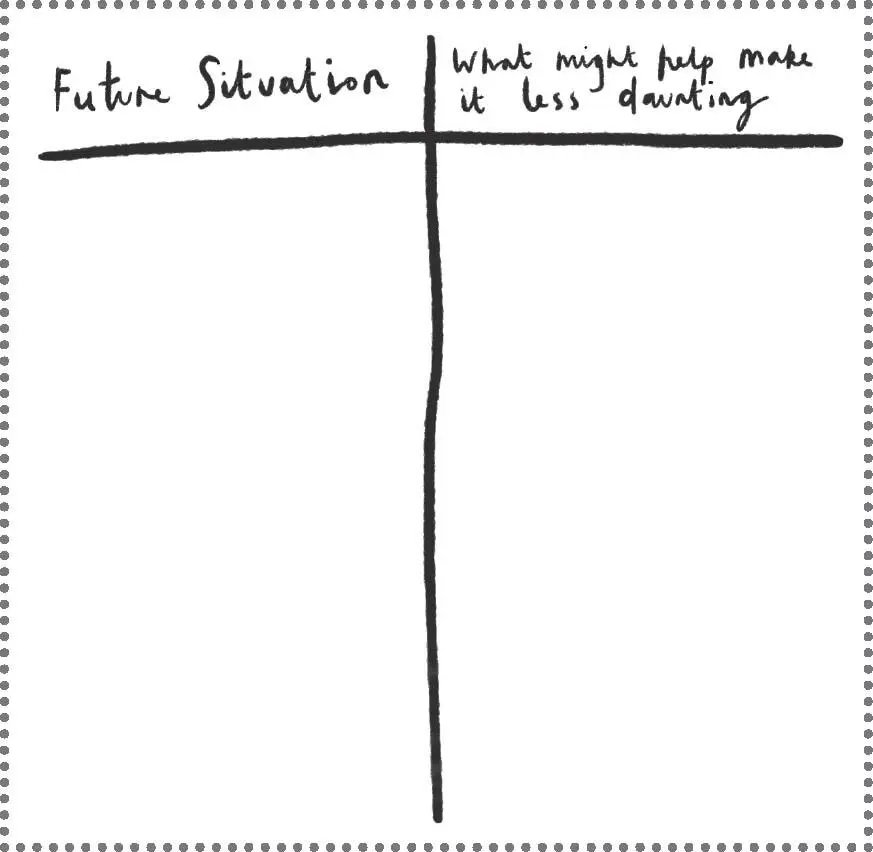

Our minds and bodies are closely linked. Yes, that sounds mega obvious, but honestly, how often do you really take time to think about what your body might be telling your brain when it aches and feels tired? Or connect your low mood to the fact that you’re getting over a bout of the flu? Yes, we all know that we’re one connected being, but I think mostly we tend to view our brains as one thing and our bodies as another. I suspect many of us put our brains on a pedestal – prizing intellect – while seeing our bodies as cart horses, pulling us along. And that’s not even touching on how many of us hate our bodies, see them as inferior, lacking. Too big, too short, too hairy …
The philosopher René Descartes proclaimed that the mind and body were two separate entities – with the mind a thinking but immaterial thing, and the body an unthinking but physical presence.[fn1] Prior to this, the mind and body were closely linked according to Christianity – and many illnesses were attributed to the victim’s conduct, explained away with the notion that the person must have ‘sinned’.[11] This meant that for the soul to ascend to heaven, the human body had to be intact. So theories like that of Descartes helped pave the way for medical innovation, but dismissed the bearing that the mind and body have on each other.
Nowadays, medical professionals increasingly approach treatment in a more integrated way.[12] GPs offer advice on exercise for a range of health problems and in some cases cancer patients are offered yoga and meditation to help cope with their treatment. Some surgeons even compile playlists for operating theatres, based on research that suggests that music can help reduce pain before, during and after a procedure.[13]
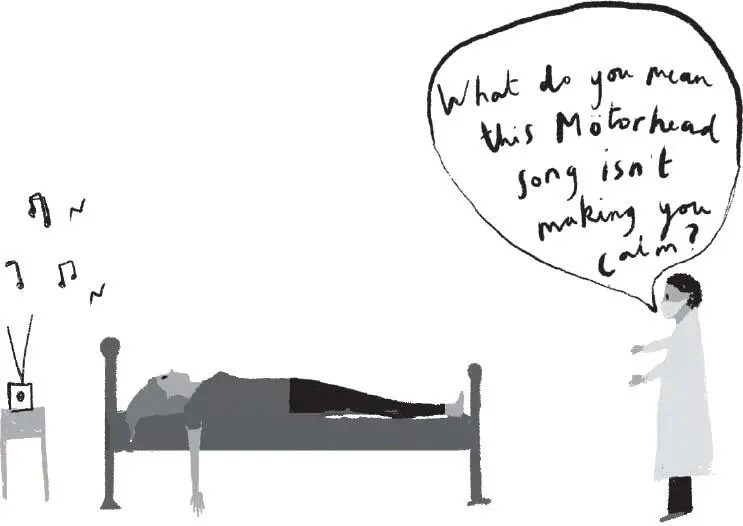
And yet Descartes’ philosophy still holds a grip on some of us. In extreme cases, people take pills for their mind, go to the gym to hone their body – or worse, sit inert – and never connect the dots. I didn’t, not for thirty years of my life. Many people with anxiety become huge hypochondriacs (ME!) and STILL don’t link up their aches and pains with their mental health. Online forums are full of scared people talking about twitchy feet and pins and needles and back ache and nausea and stomach upsets. But OF COURSE our bodies are influenced by our minds. The mind is a powerful thing. It can make you feel cripplingly ill without anything being actually wrong. Except that’s bunkum – because OF COURSE something is wrong there – something is very wrong, it’s just not in your body.
Читать дальше
